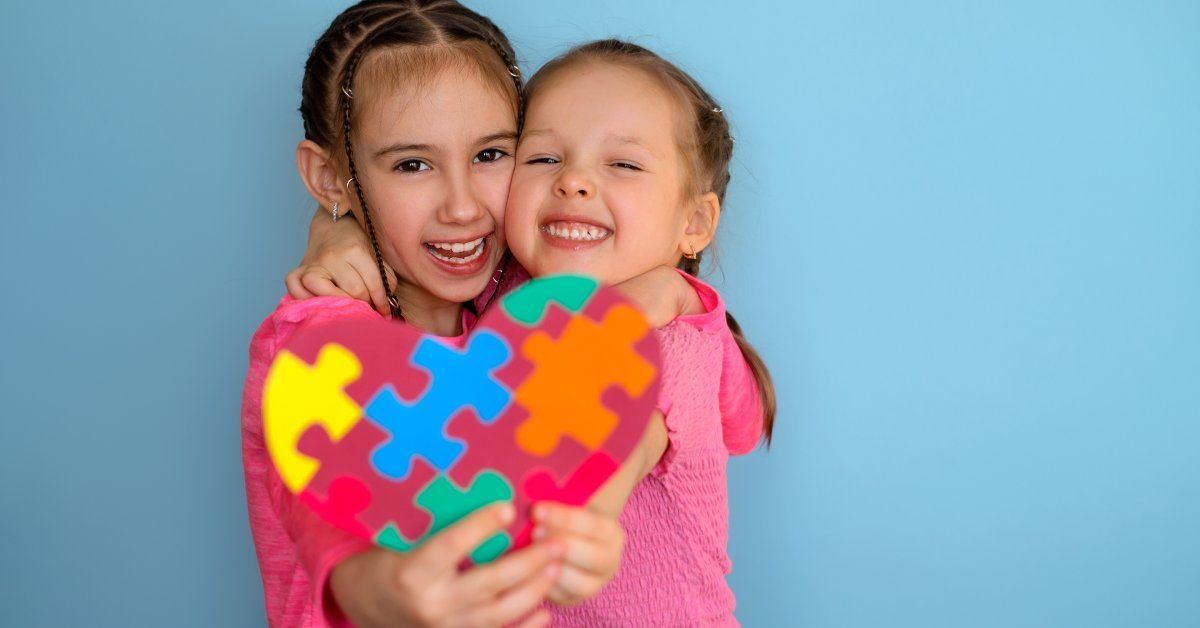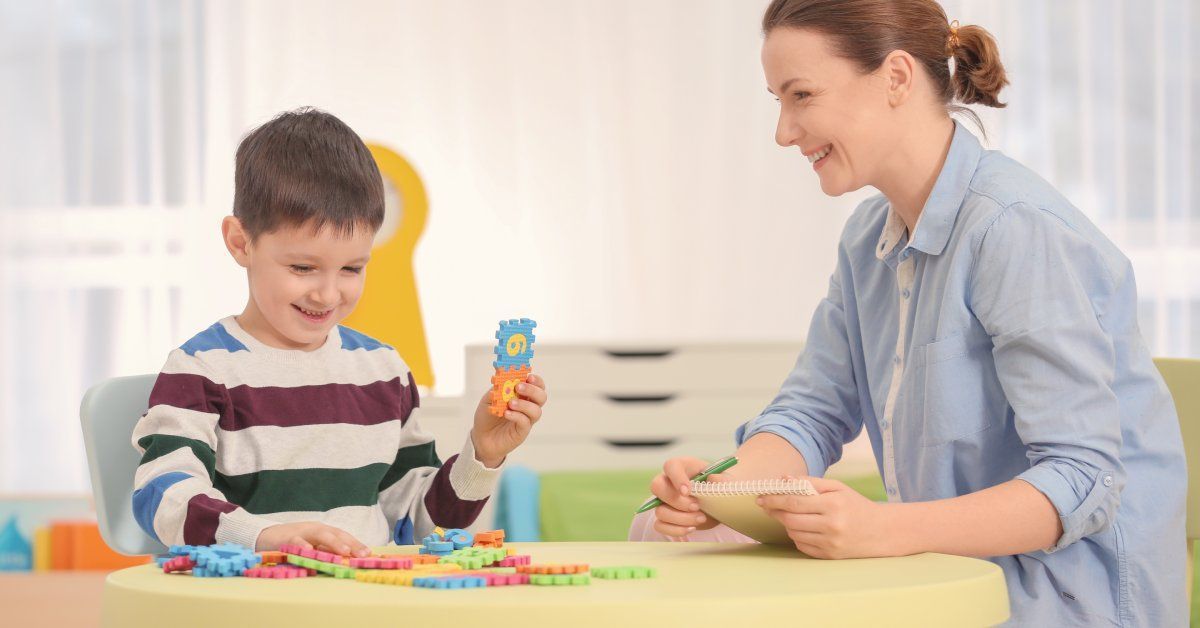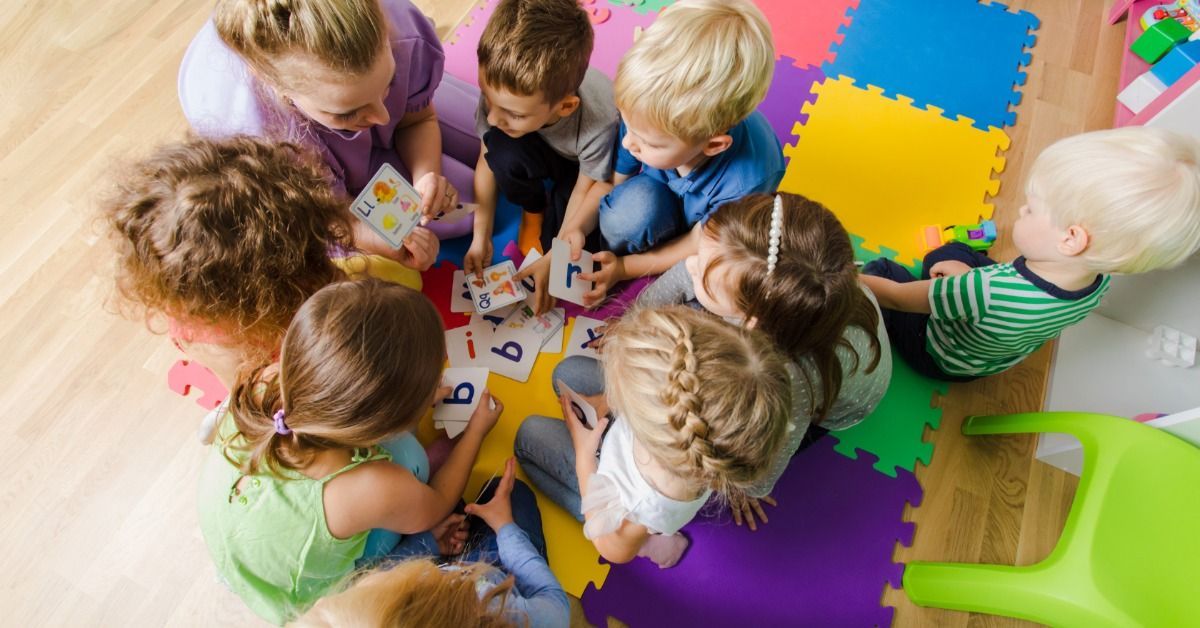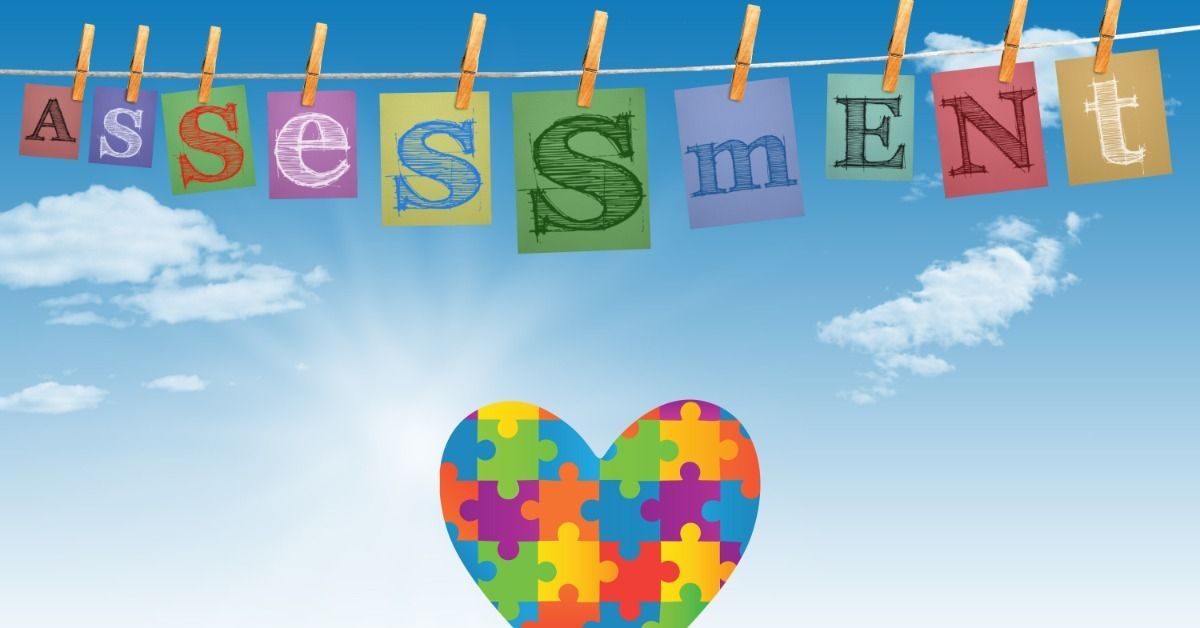Helpful Tips for Planning Inclusive Playdates
Creating meaningful connections between children requires intentional planning, especially when your child has autism. Inclusive playdates offer incredible opportunities for social growth, friendship building, and skill development. These helpful tips for planning inclusive playdates transform potentially stressful situations into positive experiences that benefit every child involved.
Many parents feel uncertain about organizing playdates when their child has autism. Questions about sensory needs, communication differences, and social expectations can create anxiety. However, thoughtful preparation and understanding make these gatherings successful and enjoyable for everyone.
Inclusive playdates foster empathy, patience, and genuine friendships among children. They provide natural environments for practicing social skills while celebrating each child's unique strengths. The key lies in creating structured yet flexible experiences that accommodate different needs and preferences.
Understanding the Value of Inclusive Play
Inclusive play creates powerful learning opportunities for all children. Children with autism develop communication skills, practice turn-taking, and experience the joy of shared activities. Their neurotypical peers learn patience, acceptance, and appreciation for different ways of interacting with the world.
These interactions build empathy naturally through shared experiences. Children discover that differences make friendships more interesting rather than more difficult. They learn to communicate in various ways and adapt their play styles to include everyone.
Every child brings unique strengths, challenges, and preferences to social situations. Some children thrive in active, outdoor environments while others prefer quiet, structured activities. Sensory sensitivities vary widely, affecting how children respond to sounds, textures, and visual stimuli. Successful inclusive playdates require acknowledging these differences and planning accordingly.
Preparing for the Playdate
Getting ready for an inclusive playdate involves a bit of thoughtful planning. Here's how to set the stage for a positive experience.
Talk With Your Child
Discuss the upcoming playdate with your child. Talk about who is visiting, potential activities, and the duration of the playdate. For children with autism, visual schedules or social stories can help clarify expectations and increase comfort.
Communicate With the Other Family
Before the playdate, share relevant information with the other family. Explain your child's communication style, favorite activities, and any sensory needs. Also, inquire about their child's interests and any specific needs. This open exchange helps both families feel prepared and supported.
Choose the Right Environment
Select a setting that fosters comfort and success. Your home can be a great option because your child is familiar with the space and feels secure. If you meet elsewhere, look for sensory-friendly locations. You can try quiet parks during off-peak times or indoor spaces with minimal distractions.
Setting the Stage for Success

Thoughtful preparation and mindful execution are essential to set the stage for a successful playdate.
Plan Engaging Activities
Plan activities that offer both structure and flexibility. Prepare several options such as sensory bins, puzzles, art projects, or imaginative play scenarios. Having choices allows children to gravitate toward activities that match their interests and energy levels.
Utilize Visual Supports
Visual timers help children understand how long activities will last and when transitions will occur. This predictability reduces anxiety and helps children prepare mentally for changes. Keep transition times brief and clear to keep everything going smoothly.
Start Small, Then Grow
Start with smaller groups to support focused interactions. One-on-one playdates allow children to connect without feeling overwhelmed by multiple social demands. As comfort levels increase, gradually expand to include additional children.
Designate a Quiet Space
Create a designated quiet space where children can retreat if they feel overwhelmed. This area should contain calming items like soft blankets, fidget toys, or books. Having this option available prevents meltdowns and teaches children to recognize their emotional needs.
Supporting Positive Interactions
Model appropriate social skills through gentle guidance rather than direct instruction. Demonstrate turn-taking by participating in games yourself. Encourage sharing by highlighting moments when children naturally offer toys or include others in their play.
Use language that validates emotions while teaching regulation strategies. Acknowledge when children feel frustrated or excited, then offer specific tools for managing those feelings. This approach normalizes emotional experiences while building coping skills.
Reinforce positive interactions immediately when they occur. Praise specific behaviors as soon as you see them happen. This feedback helps children understand which behaviors lead to successful social connections.
Managing Challenges Gracefully
Remain calm and supportive when children struggle during playdates. Overwhelming emotions are normal parts of social learning, not failures. Validate feelings while offering comfort and space for regulation.
Flexibility becomes essential when original plans don't work. If planned activities create stress, smoothly transition to alternatives. Follow your child's lead while gently guiding the experience toward positive outcomes.
Sometimes playdates need to end early, and that's perfectly acceptable. Prioritize your child's emotional well-being over completing planned activities. Ending on a good note creates positive associations with future social opportunities.
Learning From Each Experience
Debrief with your child after playdates by focusing on successful moments. Highlight connections they made, skills they used, and the enjoyment they experienced. This reflection builds confidence and motivation for future social interactions.
Consider what worked well and what might need adjustment next time. Did certain activities engage both children effectively? Were there environmental factors that supported or hindered success? Use these insights to refine future playdate planning.
Document successful strategies and share them with other families. Creating a resource bank of effective approaches helps build a supportive community around inclusive play experiences.
Building Community Support

Share helpful tips for planning inclusive playdates with other parents in your community. Offer specific suggestions about communication strategies, environmental considerations, and activity adaptations. This knowledge sharing creates more welcoming spaces for all children.
Encourage open communication and curiosity rather than assumptions about autism. Help other families understand that inclusion benefits everyone by fostering empathy, patience, and creative problem-solving skills.
Applying Therapeutic Principles
ABA therapy training for parents provides valuable strategies that transfer beautifully to playdate settings. Techniques like positive reinforcement, environmental structuring, and skill prompting support social development in natural contexts.
Parents who understand ABA principles can create learning opportunities within fun activities. They recognize teaching moments, provide appropriate support levels, and celebrate progress effectively. This knowledge empowers parents to set up successful playdates for their children.
Creating Lasting Connections
Inclusive playdates require patience, preparation, and flexibility, but they create incredible opportunities for growth and friendship. Start small, celebrate successes, and remember that every positive interaction builds toward stronger social skills and deeper connections.
Each playdate teaches children valuable lessons about acceptance, communication, and friendship. These experiences shape how they interact with others throughout their lives, creating more inclusive communities for everyone. Your investment in thoughtful planning creates ripple effects that extend far beyond single play sessions, fostering a world where all children feel valued and included.






